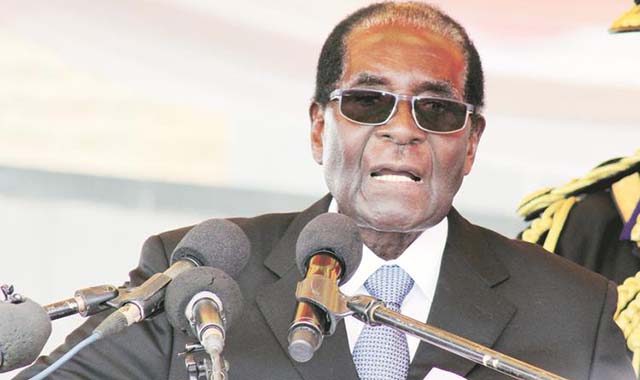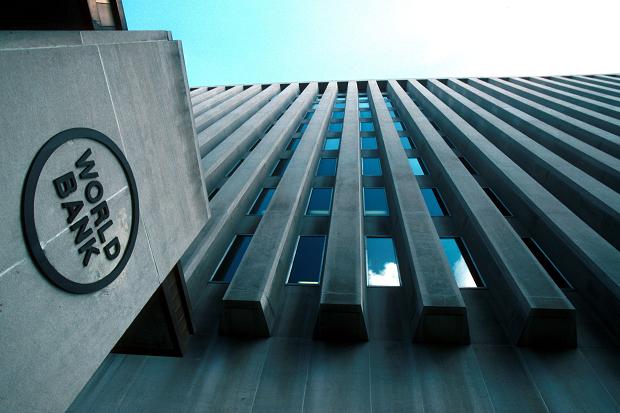‘Zim remains committed to implementing SDGs’

From Caesar Zvayi at the UNITED NATIONS, New York
ZIMBABWE remains committed to implementing the Sustainable Development Goals with the means available to it despite its exclusion from some financial and technical assistance due to the illegal economic sanctions regime imposed by some western countries, President Mugabe said here yesterday.
The President, who was addressing the High-Level Conference on the Implementation of Sustainable Development Goal 14 that opened here yesterday, said the effects of climate change were not discriminatory.
‘‘I wish to remind some partners that while they may exclude my country from some financial and technical assistance facilities because of the illegal sanctions they maintain against us, the effects of climate change are not discriminatory,” President Mugabe said.
‘‘My country is committed to implementing the SDGs and will do so within the means available to it. I believe that it is in the best interest of all of us that we prioritise life above everything else,’’ he said.
The West’s illegal sanctions regime imposed at the turn of the millennium is estimated to have cost Zimbabwe over $42 billion in revenue in addition to contracting the economy by a factor of over 40 percent.
For instance, before the West’s illegal sanctions regime, the foreign currency content of the Ministry of Health and Child Care budget was met with balance of payment support from the International Monetary Fund, the World Bank and African Development Bank amounting to $200 to $500 million per annum. Due to the sanctions regime, the Bretton Woods institutions suspended the balance of payment support under section 4(a) and 4(d)-(2)(1) of the so-called Zimbabwe Democracy and Economic Recovery Act that was signed by then US president George W Bush on December 21, 2001.
Also due to the sanctions, 80 percent of essential drugs disappeared from Government hospitals including the Government Medical Stores (Natpharm).
President Mugabe, who spoke after Bolivian president Evo Morales whose country is also landlocked and had earlier decried the monopolisation of marine traffic by coastal countries, underscored the centrality of marine traffic to Zimbabwe’s development aspirations.
‘‘The oceans and seas contribute significantly to the development of my country, in their capacity as a mode for the conveyance of goods between my country and the outside world. That contribution is set to grow and increase in the coming years as we opt for greener modes of transporting our exports. Sea freight will be a preferred choice for its environmental friendliness and higher carrying capacity than airfreight,’’ President Mugabe said.
The oceans, President Mugabe said, were important to all regardless of geographical location.
‘‘The oceans and the seas are a vital resource to all of us irrespective of our geographical location on this planet. Developments around, on or under the oceans affect coastal and landlocked countries alike,’’ he said.
The warming of ocean surfaces leads to extreme weather conditions like droughts and floods and Zimbabwe has been subjected to both over the past two seasons.
President Mugabe thanked the governments of Fiji and Sweden for convening the Oceans Conference, the first such conference dedicated to a specific SDG.
The Oceans Conference, which opened yesterday and runs until June 9 seeks to, among other things, reverse the decline in the state of the oceans and seas focusing on solutions-focused engagement from all stakeholders.
It comprises eight plenary sessions, seven partnership dialogues, a special event to commemorate World Oceans Day on Thursday, as well as an array of side events.
It is hoped that the conference will culminate in the consensual adoption of a concise, intergovernmental declaration dubbed ‘‘Our Oceans, Our Future: Call for Action’’, to support the implementation of Goal 14.











Comments